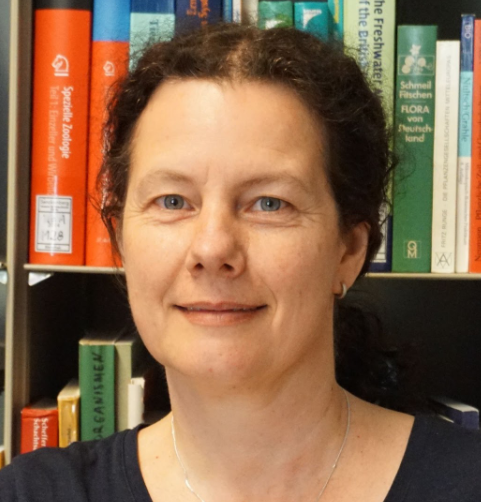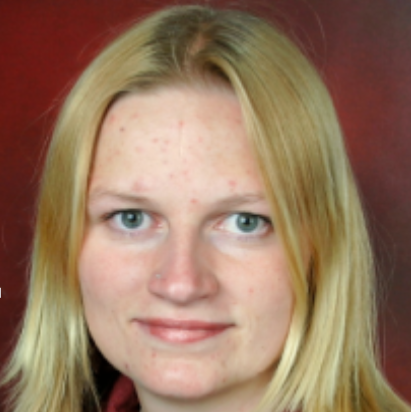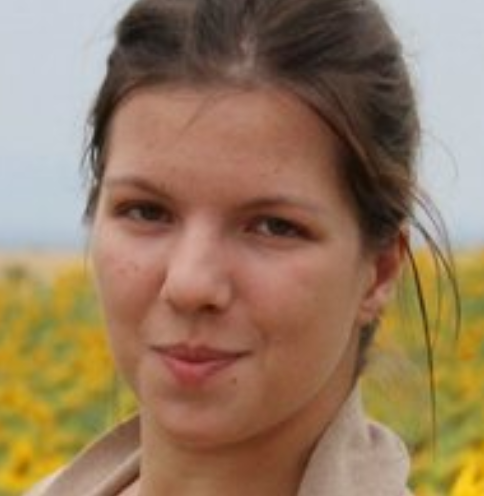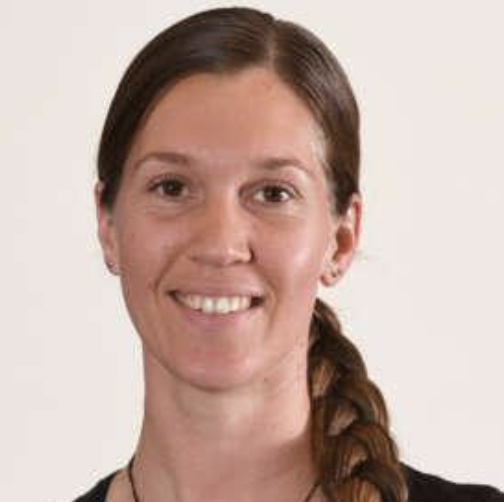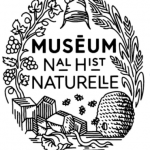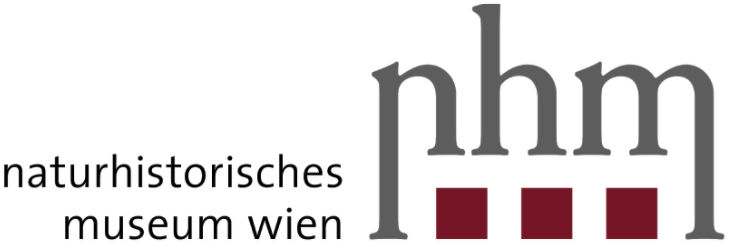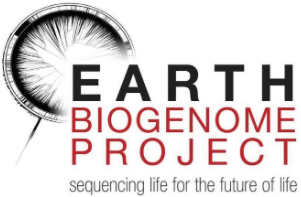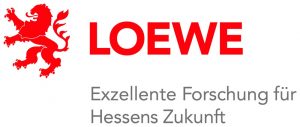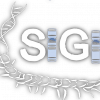
Soil Invertebrate Genome Initiative
Diplopoda - Chilopoda isopoda Mix © Jörg Spelda | Diplopoda - Cylindroiulus caeruleocinctus2 © Axel Steiner | Chilopoda - Lithobius tenebrosus © Axel Steiner
Soils harbor a tremendous diversity of organisms. These play major roles in ecosystem services central for human well-being, e.g. food production and climate regulation.
Much remains to be discovered about soil invertebrates. Organisms are often small, hard to observe, and challenging to study.
We initiated SIGI to leverage emerging genomic tools to understand the ecology and evolution of soil invertebrates, their role in ecosystems and soil functions, to develop sustainable management procedures, and to provide resources for bioeconomy.
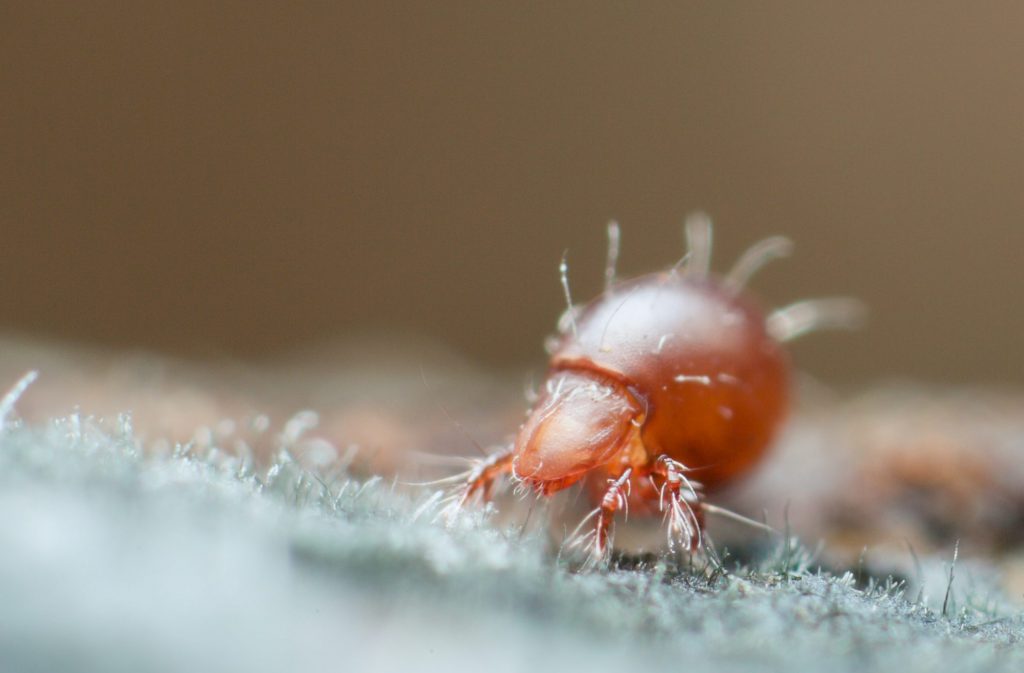
Steganacarus sp. © Andy Murray
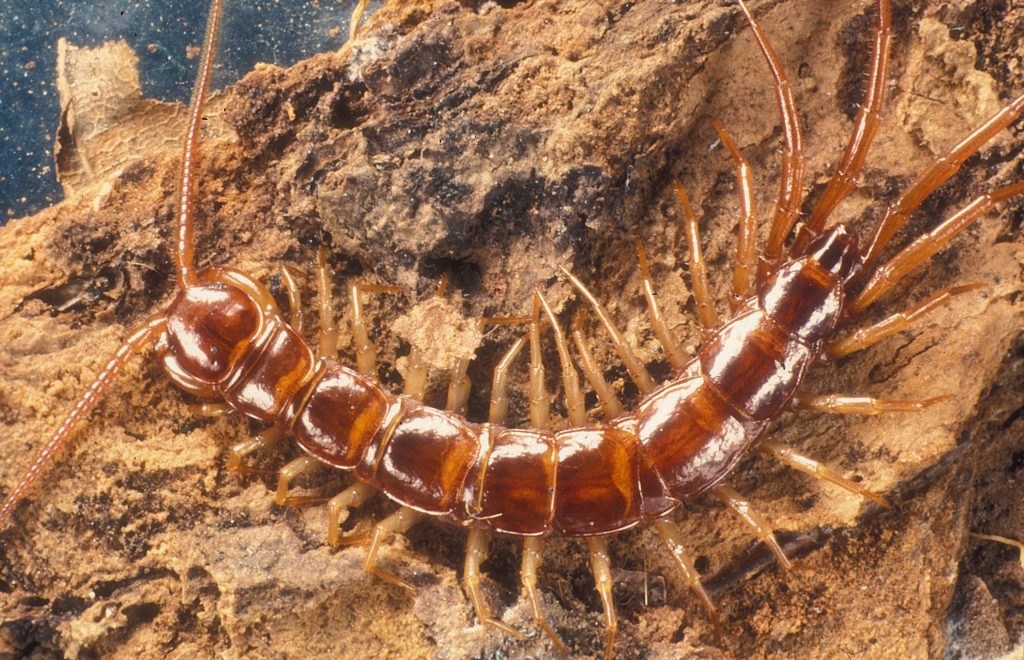
Chilopoda - Lithobius forficatus © Jörg Rosenberg
We target all soil invertebrate groups: mites, springtails, enchytraeids, nematodes, myriapods, earthworms and others.
We aim for comprehensive representation of soil invertebrate groups, and potential to address global change impacts on soils.
We prioritize samples authorized for molecular work: currently Central-European taxa. The involvement of organism experts ensures that samples are properly collected and identified.
We employ non-destructive DNA extraction whenever possible; vouchers of sequenced specimens are deposited into museum collections.
Genomes of ~250 species were sequenced so far, most of these with Illumina short reads. We aim to shift efforts towards highly contiguous, annotated genomes, and explore opportunities to generate highly contiguous, reference-quality genomes from single soil invertebrate specimens.
Our plans include complementing genome sequencing with automated imaging and machine learning, to improve specimen identifications and descriptions.
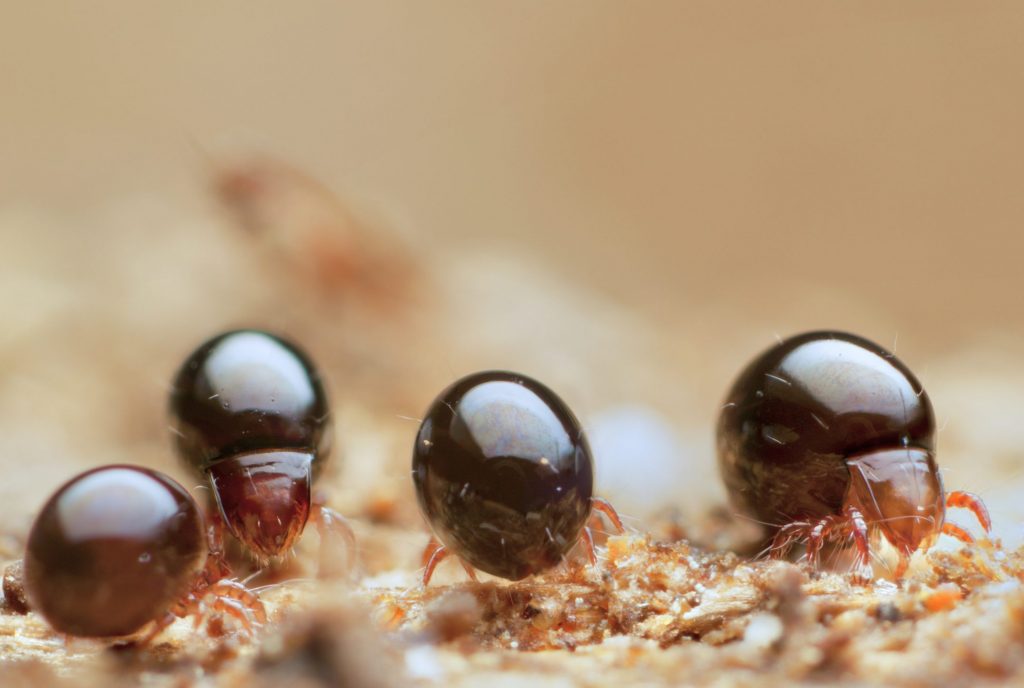
Oribatida © Andy Murray



